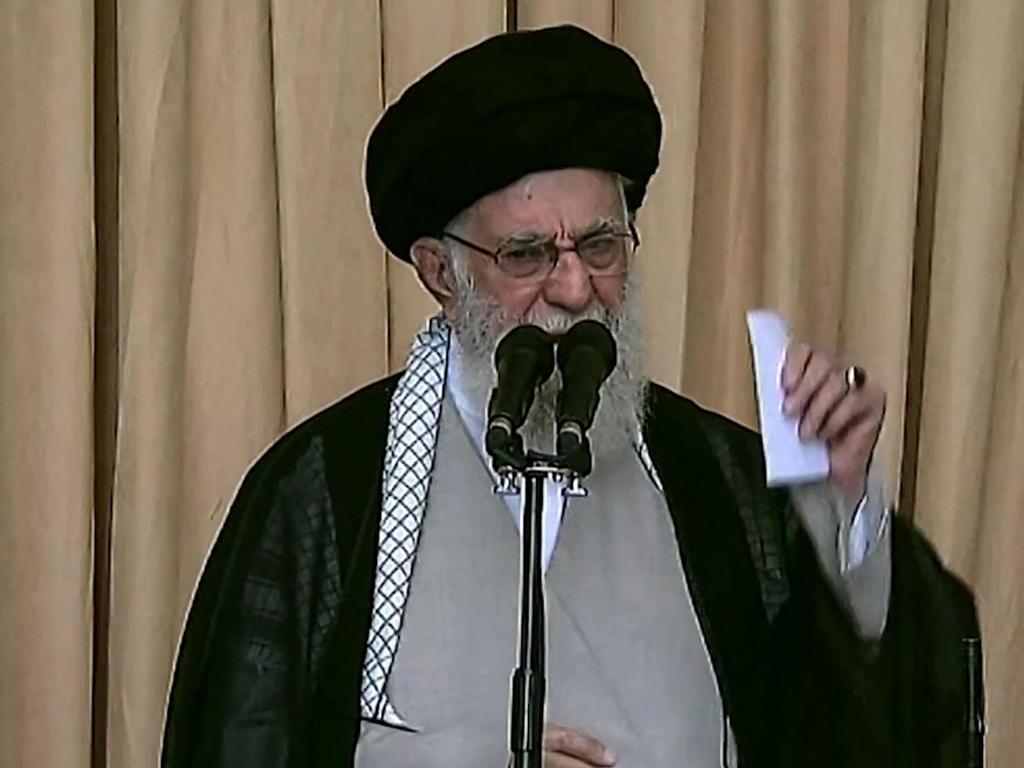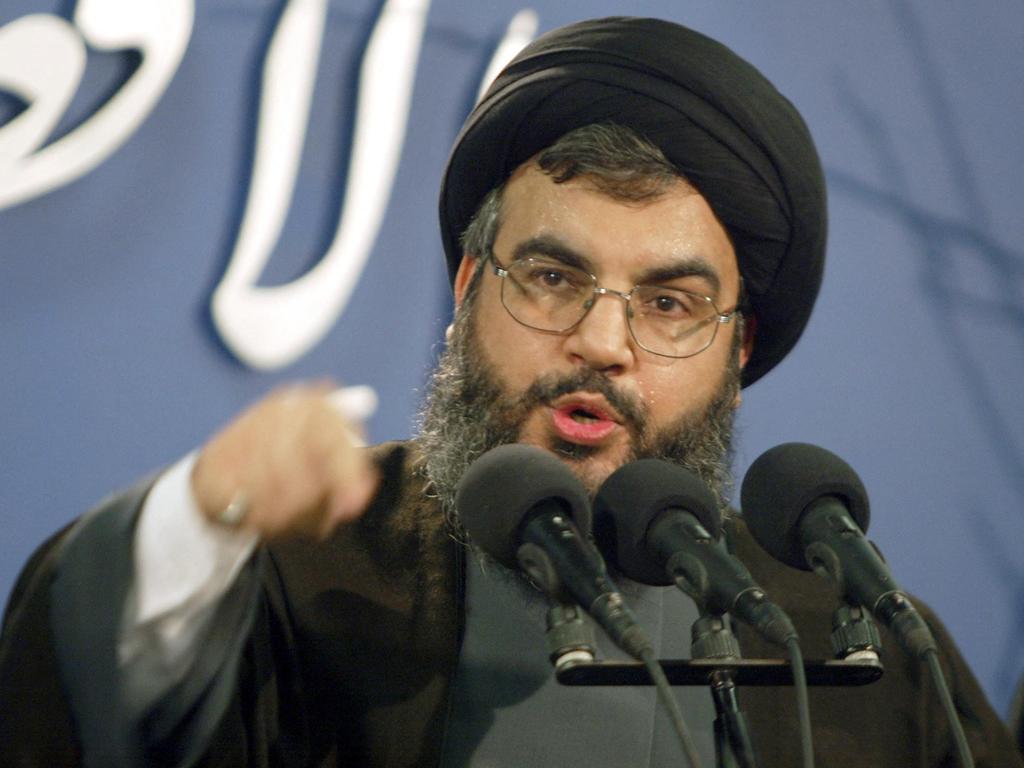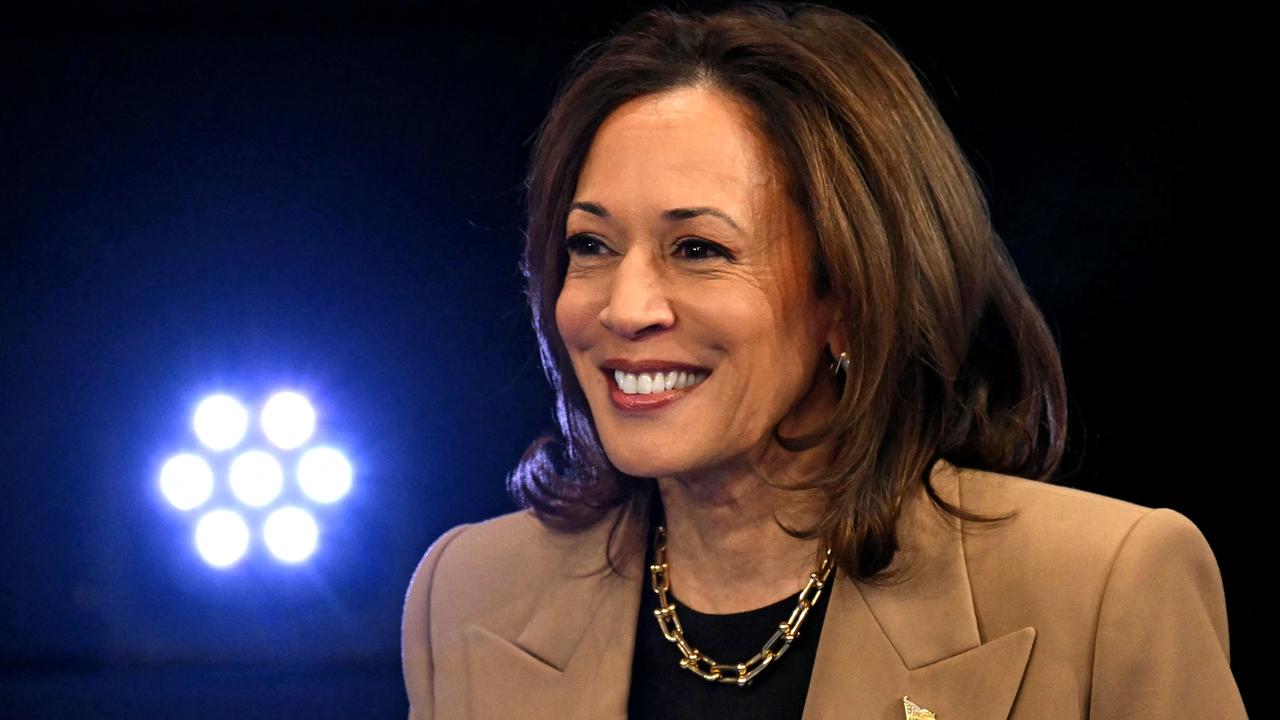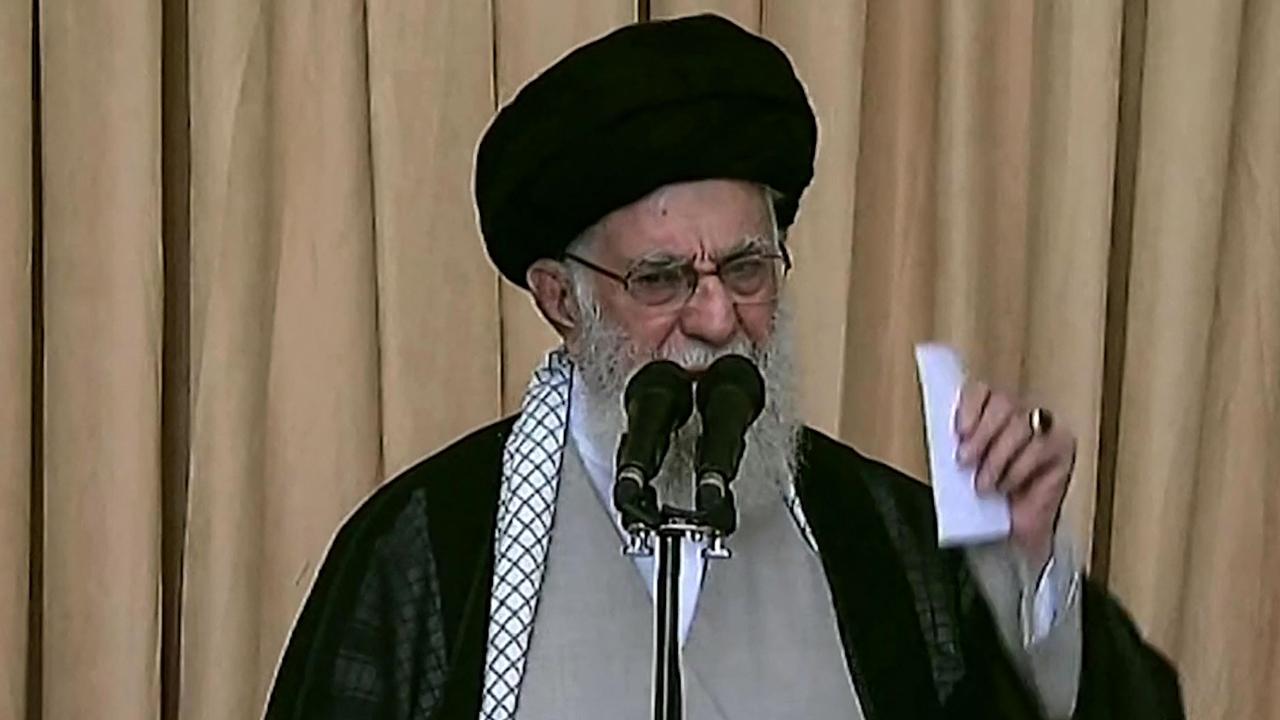US sees opening to sideline Hezbollah politically in Lebanon
The Biden administration is pushing to use Israel’s offensive in Lebanon to end Hezbollah’s political dominance, a move which Qatar warns is unrealistic and dangerous.
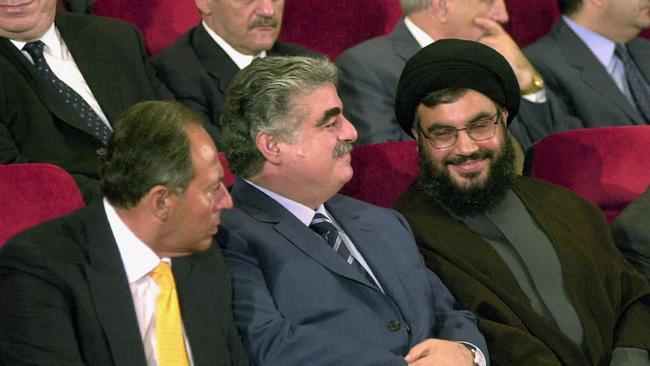
The Biden administration is pushing to use Israel’s offensive against Hezbollah as an opening to end the militant group’s long-running dominance by electing a new Lebanese president, U.S. and Arab officials familiar with the discussions said.
Secretary of State Antony Blinken called the leaders of Qatar, Egypt and Saudi Arabia in recent days to ask them to support the election of a new Lebanese president. Senior White House official Amos Hochstein has also told Arab officials that the weakening of Hezbollah by Israeli attacks should be viewed as an opportunity to potentially break a political impasse. The country’s political parties have been unable to agree on a new president since the previous leader, Michel Aoun, left office at the end of his term in 2022.
The U.S. initiative aims to address frustrations with years of ineffective government that have prevented reforms and entrenched the power of Lebanon’s political elites, including Hezbollah, which is also an influential political party. The effort marks a shift away from the administration’s calls just weeks ago for an immediate ceasefire, and some in the country and region fear pressing to empower a candidate now could set off the sort of sectarian fighting that has torn apart the country in recent decades.
“What we want to see come out of this situation, ultimately, is Lebanon able to break the grip that Hezbollah has had on the country – more than a grip, break the stranglehold that Hezbollah has had on the country and remove Hezbollah veto over a president,” State Department spokesman Matt Miller told reporters this week.
Years of U.S.-backed efforts to impose reforms on Lebanon’s system of government have led to few changes. The country’s society is fractured by sectarian and political divisions that were entrenched during French occupation following World War I, with elites from its major groups – Sunni Muslims, Shia Muslims, Christians and Druze – divvying up government portfolios.
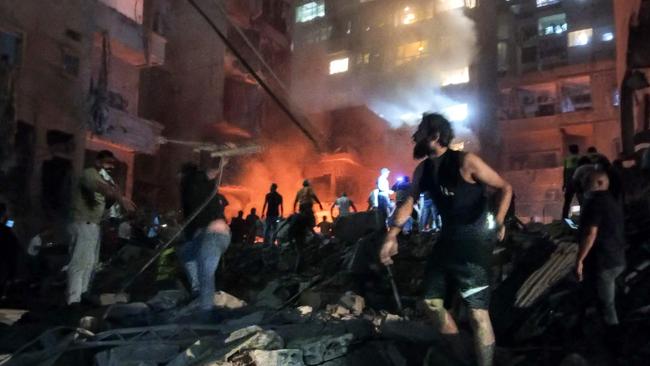
The U.S. initiative to push Hezbollah from power has support from Saudi Arabia, said Saudi officials familiar with the matter. The oil-rich Persian Gulf country until recent years had played a large role in shaping the political and economic course of Lebanon.
The U.S. initiative hinges on key Lebanese leaders including Prime Minister Najib Mikati and Parliament Speaker Nabih Berri, the leader of another Shiite faction and a key conduit to Hezbollah in ceasefire negotiations, who will be needed to bring Lebanon’s political factions together to elect a new president, according to diplomats familiar with recent discussions. Lebanon’s president is the commander in chief of the armed forces and is seen as being a key to putting in place an empowered Lebanese government that could better handle the current crisis.
Mikati and Berri last week said they supported the election of a new president, but have also expressed appreciation for Hezbollah in its battle against Israeli forces. Hezbollah’s de facto leader, Deputy Secretary-General Naim Qassem, this week rejected calls for a political rearrangement while the war with Israel is ongoing.
Lebanon’s president is elected by the country’s 128-member parliament, where no single bloc has the seats to choose a new leader on its own. Without the support of Hezbollah and its allies, it isn’t clear how a political consensus would come together.
Officials from Egypt and Qatar – which have played a key role in ceasefire negotiations in both Gaza and Lebanon – told U.S. officials they view the American plan as unrealistic and even dangerous. In talks with U.S. officials, they have argued that Israel will never succeed in destroying Hezbollah and that the group must be a part of any political settlement to the conflict.
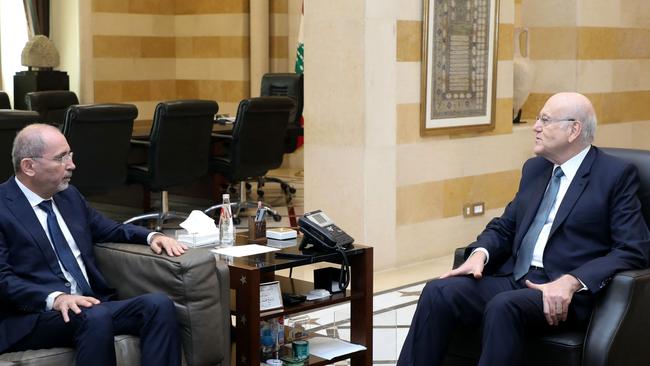
Egypt has also expressed the concern that trying to meddle in Lebanese politics during the crisis could heighten the risk of internecine fighting in a country that suffered a debilitating civil war that ended in 1990. Many of the country’s political factions are led by former warlords from that conflict.
Anyone seen as taking power as a result of Israel’s attacks on Lebanon could face blowback from the Lebanese public and rival political forces, political analysts and diplomats said.
When Israel invaded Lebanon in 1982 in a campaign against the Palestine Liberation Organisation, it backed the election of a new president, Bachir Gemayel, the Maronite Christian leader of the far-right Lebanese Forces. He was assassinated weeks after taking office.
“The more a new Lebanese president is seen to have come to office on the coat-tails of Israeli military actions with American support, the more discredited I think he will be among many Lebanese,” said Robert Ford, a former U.S. ambassador to Syria and Algeria.
Lebanon’s lack of a president has left it with only a caretaker government for the past two years, a leadership vacuum that has worsened the country’s economic crisis, which began in 2019 and which the World Bank says is one of the worst in the past century and a half. The implosion of Lebanon’s economy pushed millions of people into poverty and left the state ill-equipped to handle the crisis brought on by the current war.
Government institutions have been hollowed out by years of corruption and political deadlock. Parliament hasn’t met since May. The Lebanese currency has lost 97% of its value against the U.S. dollar since 2019, rendering government salaries all but worthless. Many Lebanese had learned to cope with almost no government electricity, relying instead on private generators. The Lebanese army, which receives some aid from the U.S., is weaker than Hezbollah.
Israel’s escalating attacks on Hezbollah – including a ground offensive and more than 3,000 air strikes over the past four weeks – have uprooted as many as a million people from their homes, the government says. More than 2,000 people have been killed in Lebanon since the fighting began last year, most of them since Israel intensified its campaign against Hezbollah in September.
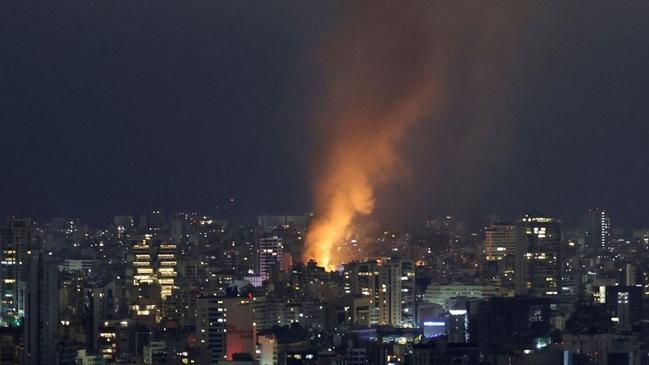
“If the war escalates, we will go back to the dark ages,” said Amin Salam, the Lebanese minister of economy and trade.
“We have little remaining telecommunications still functioning, and our ports and airports, if those get hit, we will be a country with no internet, no communications, no entry or exit point. We will be a deserted island,” he told The Wall Street Journal.
Israeli Prime Minister Benjamin Netanyahu on Wednesday called on the Lebanese people to take action to get rid of Hezbollah.
“You have an opportunity to save Lebanon before it falls into the abyss of a long war that will lead to destruction and suffering like we see in Gaza. It doesn’t have to be that way,” he said. “You can now take back your country.” Lebanese officials are sceptical that any force in the country can challenge its political elites.
“We lack any leadership to at least initiate a course where we can see a light at the end of the tunnel,” said Ibrahim Mneimneh, a reformist member of Parliament representing a district in Beirut.
Many ordinary Lebanese people say they blame Israel for launching attacks on the country, but also complain about a shambolic government.
Mohammed Mikdad, a 41-year-old television producer, has been sleeping in his office for weeks since the escalation began last month. For a time he returned to his parents’ apartment in south Beirut to shower but has stopped going because of Israeli strikes.
“My biggest dream is to take a bath,” he said.
The Wall St Journal

